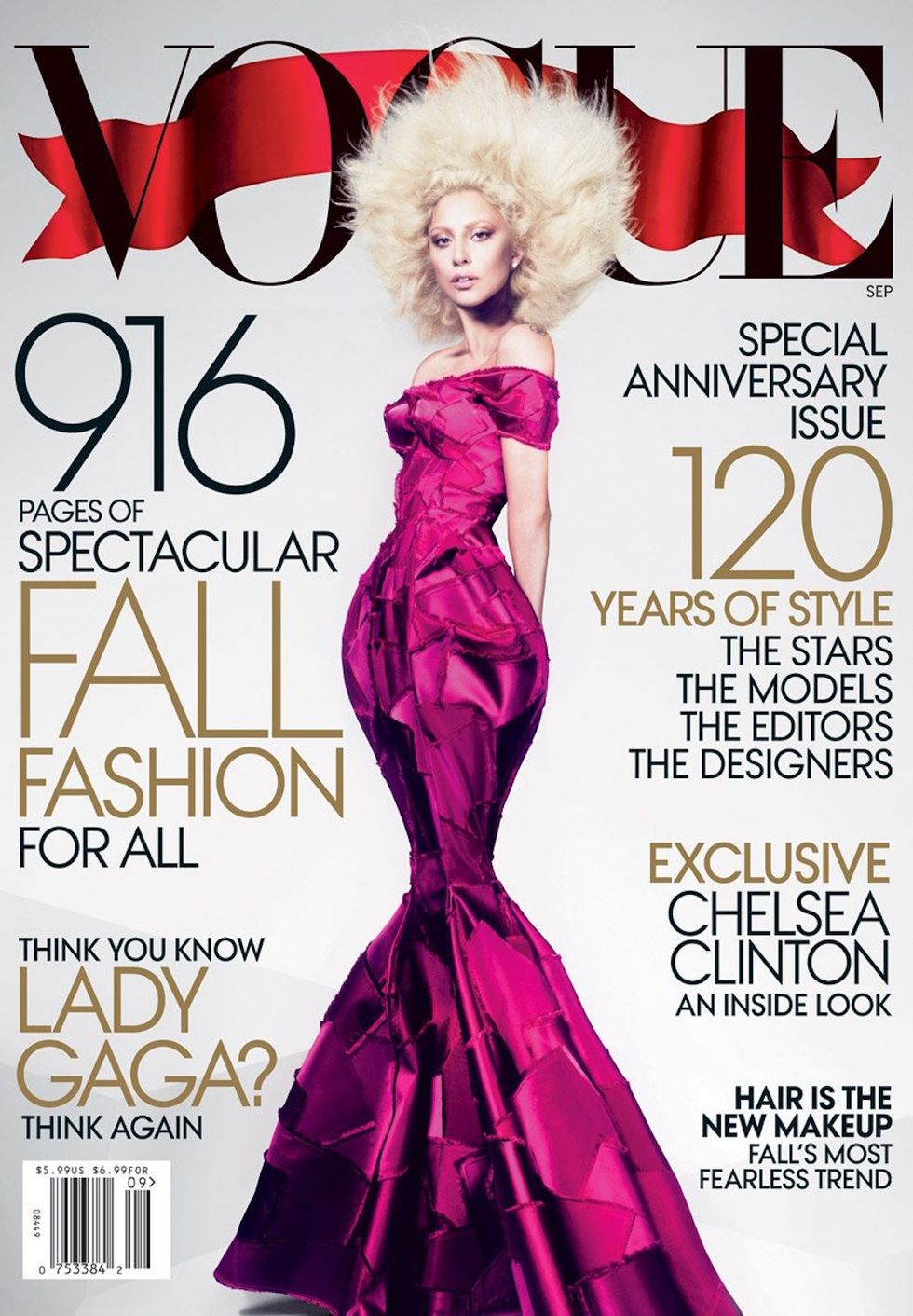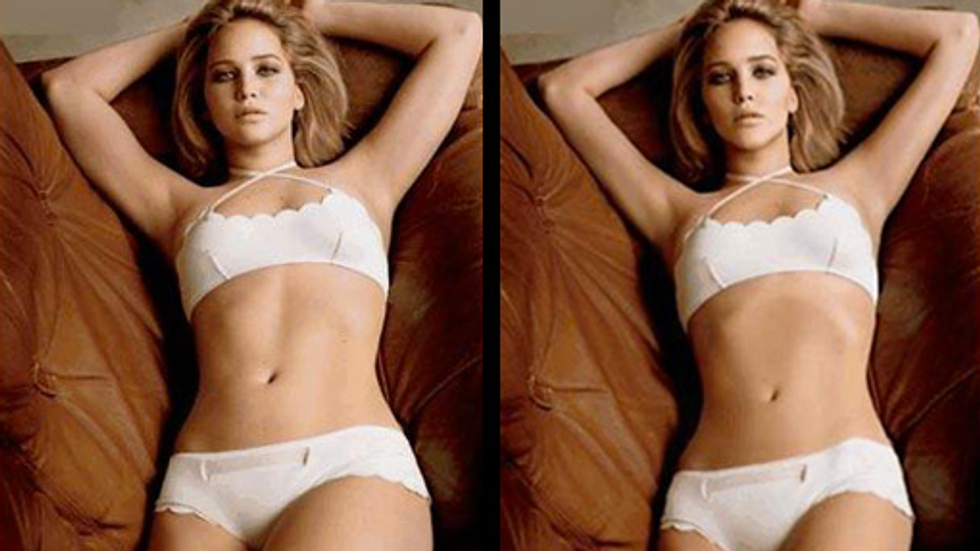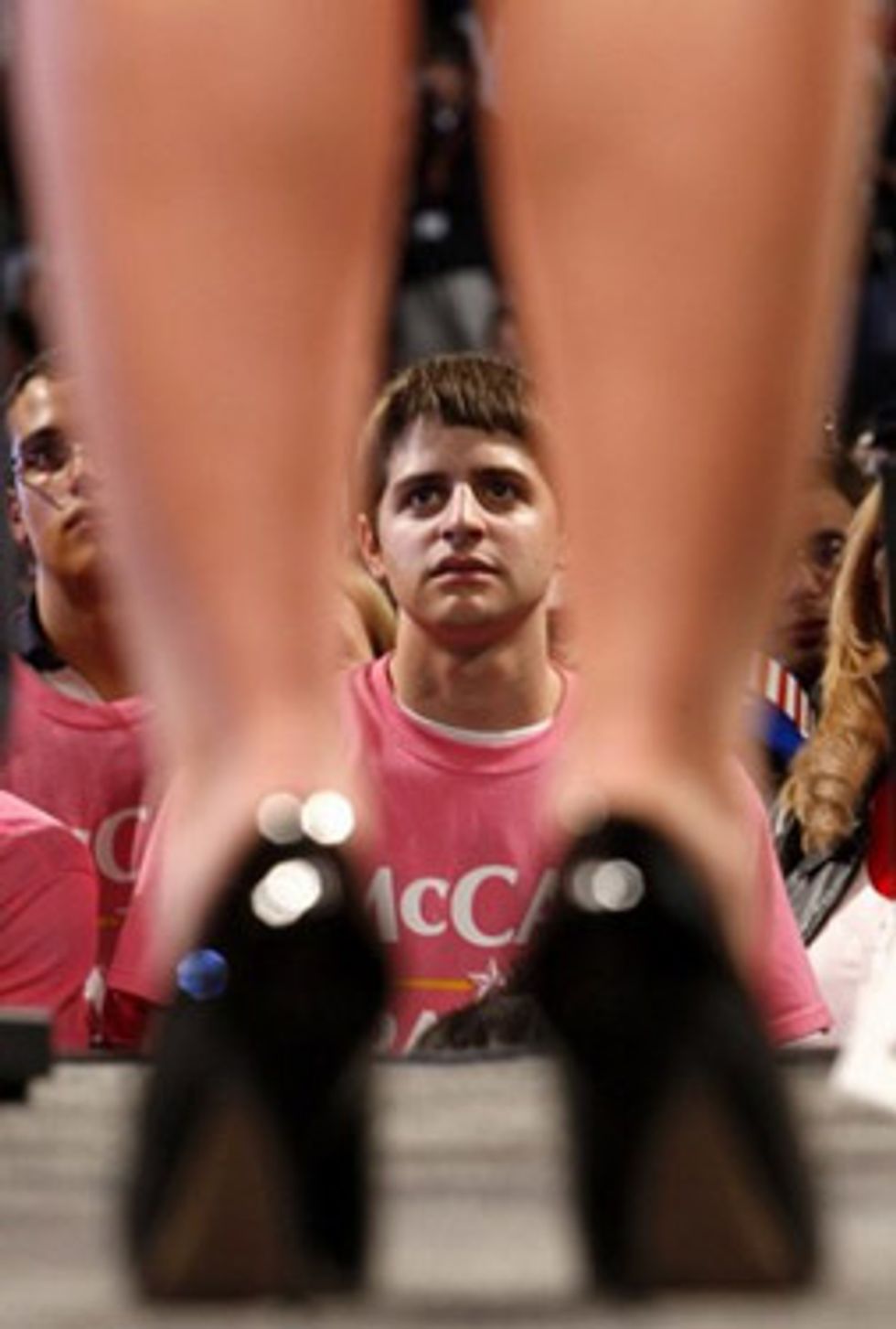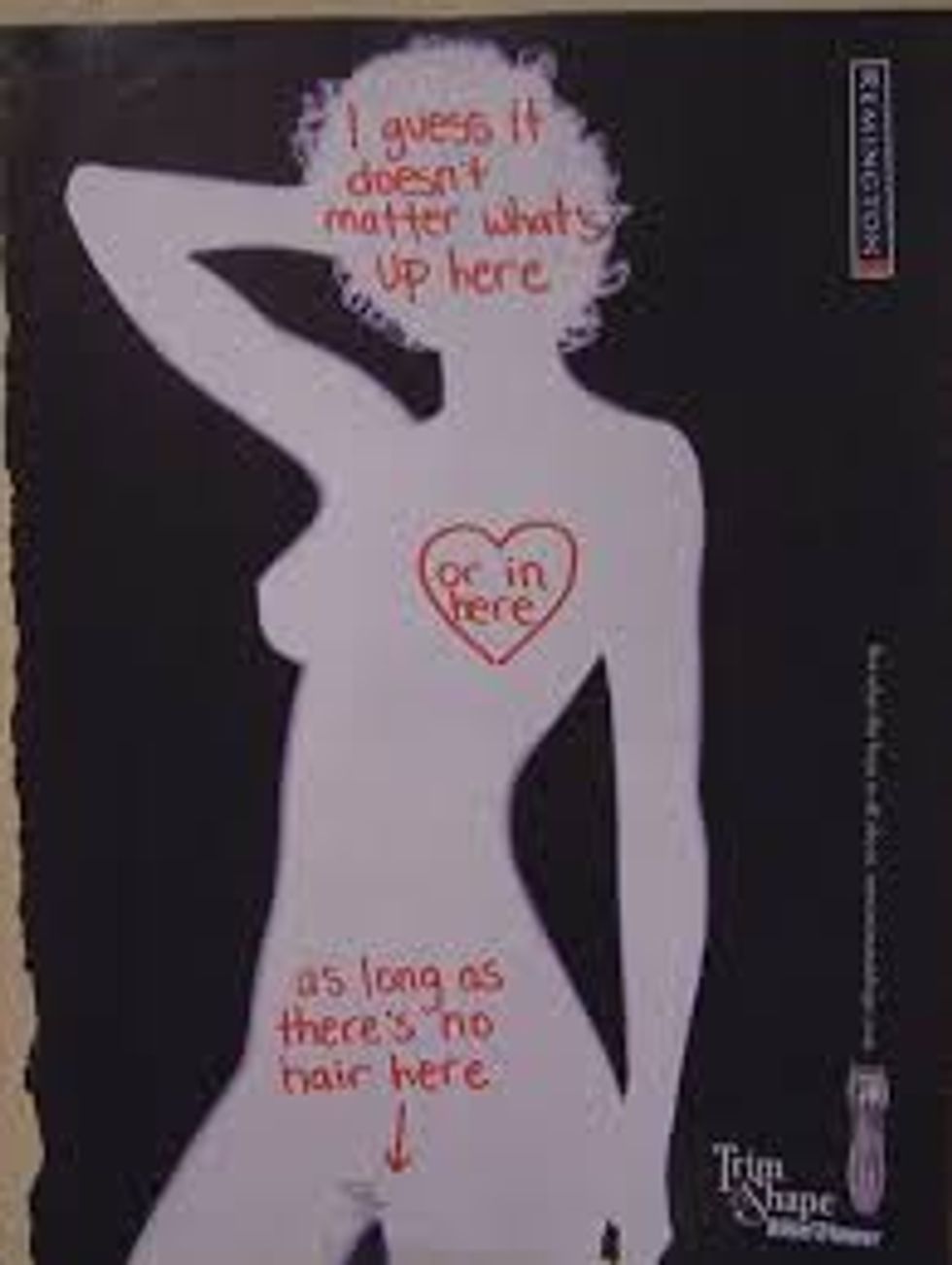Media is the message and the messenger. As much as we'd like to believe it doesn’t shape our ideas and emotions, it does.
Our ability to have freely chosen, authentic lives is completely compromised by this. The media consumes our daily lives and is constantly around us, unknowingly trapping us in roles that we are so accustomed to; it becomes second nature.
One way in which the media does this is with their portrayal of women.
Women Are Constantly Being Objectified and Sexualized In the Media
Every day, there are millions of girls, as young as 10 years old, searching to improve their self-image based on what they see in the media. Whether it’s starving themselves, mastering the art of makeup, or finding the perfect clothing that reveals just enough, women are striving to do whatever it takes to feel accomplished - that is, with their self-image.
Because of the unrealistic expectation the media portrays, women are expected to look and act a certain way that is completely deteriorating to their self-identity, and undoubtedly heartbreaking.
Young women grow up accustomed to the pool of perfect actresses, anorexic models, and flawless features, and the fact is that the majority of things women see are physically altered in the media into an unachievable flawless image, as shown in the image above. Because of this, even a healthy individual will most likely feel insecure about their appearance. This adversity can spiral into shame, anxiety, self-disgust, eating disorders, and lost confidence.
The media targets women's appearances more than anything. Key political leaders such as Hillary Clinton and Sarah Palin were sexualized in a way which negatively affected their campaigns when running for positions in office, painting them to appear less competent to hold positions in office than men.
This photo displays only a certain part of Palin's body, and in doing so it objectifies her as a sexual object rather than a powerful, smart, and qualified woman running for office.
This happens all the time, and it only seems to be getting worse. How many times do we see the camera getting zoomed in on only certain body parts of women?
This undeniable focus of beauty in the media created an immense market for beauty products.
Companies selling beauty products feed on these false truths portrayed in the media: You want to be skinny? Try our fat burning diet pills. Want to look like Kim Kardashian? Get plastic surgery and look like a brat doll.
Because of this ongoing theme in the media, many women begin concentrating more on their image than what’s inside. We grow up seeing women hypersexualized on the media, very few in important leadership positions, and an immense amount of beauty products advertised to improve our physical appearance. This is what young girls trying to find their place in society see.
This is not the only way the media tries to make women into something they are not. With the countless derogatory behavior the media depicts, it is trying its best to prevent women from reaching their full potential by instead placing us in stereotypical, and clearly unequal roles.
We need to move forward in equality, not backward. And although the law may say otherwise, equality has yet to be achieved.
It's 2017 people, and frankly, the media treats women like shit. It is extremely derogatory towards women with WAY too much of a focus on how we look rather than WHO we are. We ARE human beings, not objects. Yes, there is more to us than our breasts, and no, our image is not all we have to offer.
You see, we are all so much more than that. We are strong, independent, and equal. We have the grace and brains to change the world.
So, I challenge you to surpass the limits media places on women. Pay attention to what it is saying, and don't always believe the underlying message it portrays. The media cannot define us and who we are as women, only we can.
If you see something that isn't right, speak up. The power of your voice reaches only as far as you let it go. It is our actions which will evoke change and make the world a better place for future generations.






 Photo by
Photo by  Photo by
Photo by  Photo by
Photo by 



















